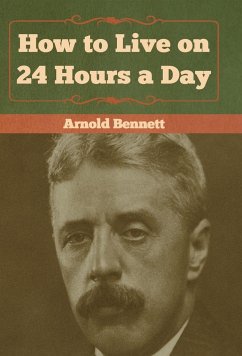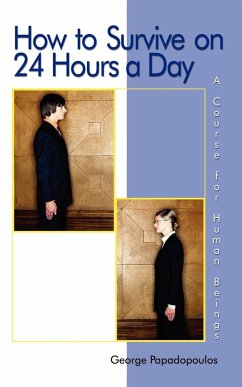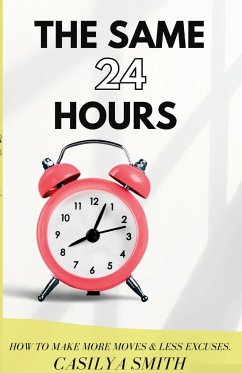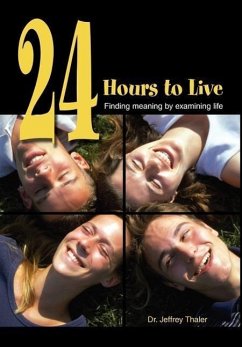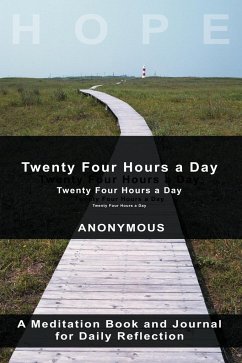
How to Live on 24 Hours a Day
Versandkostenfrei!
Versandfertig in 1-2 Wochen
13,99 €
inkl. MwSt.

PAYBACK Punkte
7 °P sammeln!
""Yes, he's one of those men that don't know how to manage. Good situation. Regular income. Quite enough for luxuries as well as needs. Not really extravagant. And yet the fellow's always in difficulties. Somehow he gets nothing out of his money. Excellent flat-half empty! Always looks as if he'd had the brokers in. New suit-old hat! Magnificent necktie-baggy trousers! Asks you to dinner: cut glass-bad mutton, or Turkish coffee-cracked cup! He can't understand it. Explanation simply is that he fritters his income away. Wish I had the half of it! I'd show him-"" So we have most of us criticised...
""Yes, he's one of those men that don't know how to manage. Good situation. Regular income. Quite enough for luxuries as well as needs. Not really extravagant. And yet the fellow's always in difficulties. Somehow he gets nothing out of his money. Excellent flat-half empty! Always looks as if he'd had the brokers in. New suit-old hat! Magnificent necktie-baggy trousers! Asks you to dinner: cut glass-bad mutton, or Turkish coffee-cracked cup! He can't understand it. Explanation simply is that he fritters his income away. Wish I had the half of it! I'd show him-"" So we have most of us criticised, at one time or another, in our superior way. We are nearly all chancellors of the exchequer: it is the pride of the moment. Newspapers are full of articles explaining how to live on such-and-such a sum, and these articles provoke a correspondence whose violence proves the interest they excite. Recently, in a daily organ, a battle raged round the question whether a woman can exist nicely in the country on L85 a year. I have seen an essay, ""How to live on eight shillings a week."" But I have never seen an essay, ""How to live on twenty-four hours a day."" Yet it has been said that time is money. That proverb understates the case. Time is a great deal more than money. If you have time you can obtain money-usually. But though you have the wealth of a cloak-room attendant at the Carlton Hotel, you cannot buy yourself a minute more time than I have, or the cat by the fire has.





